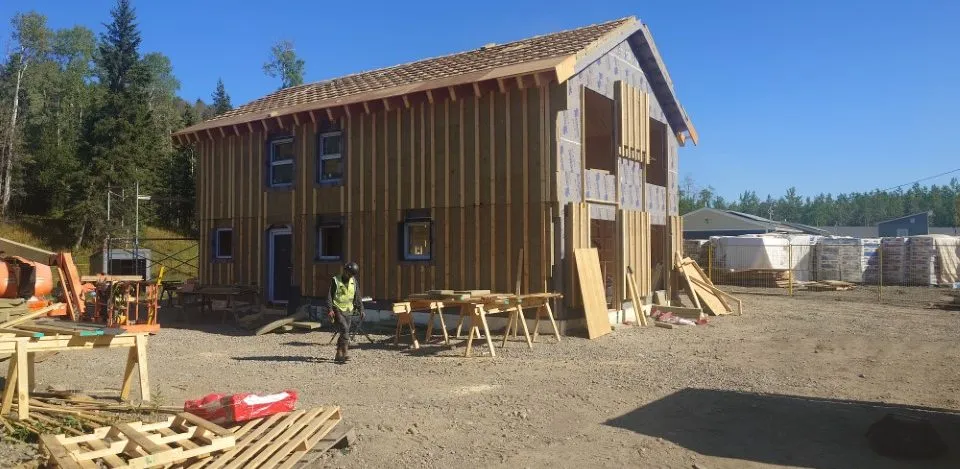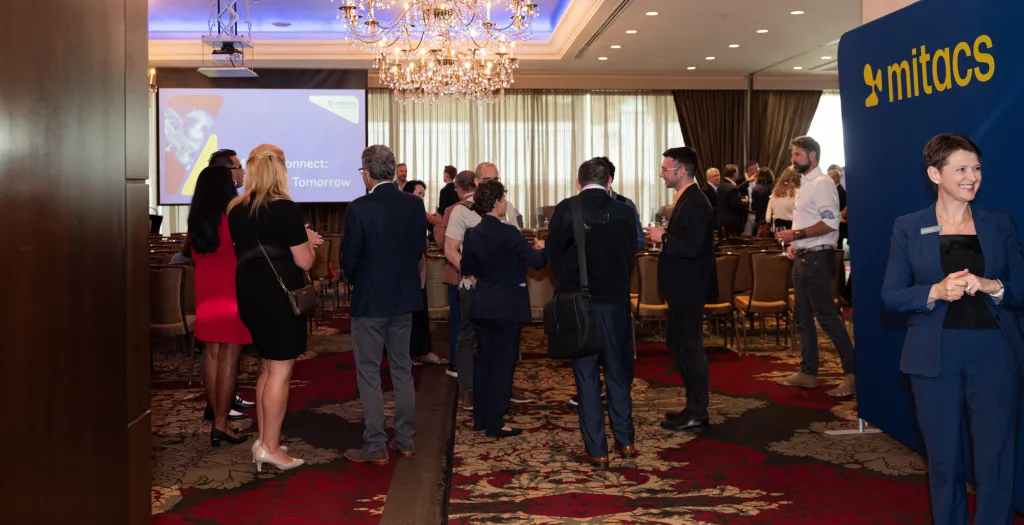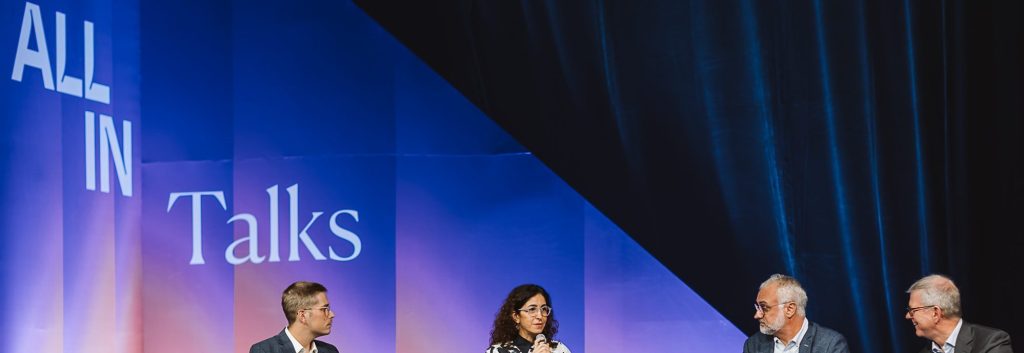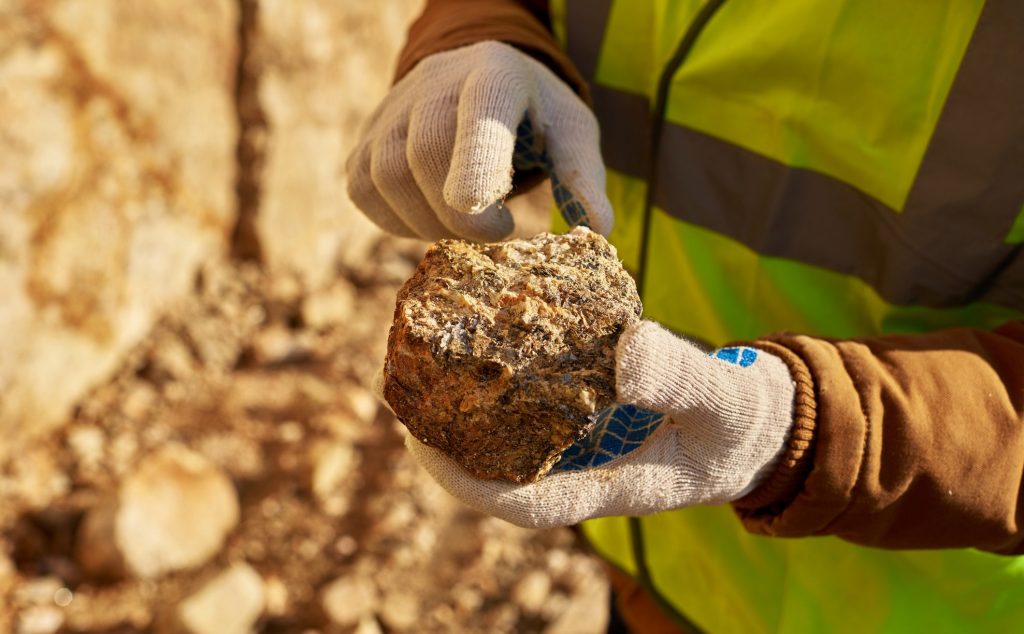
Innovation Insights
Learn about the fascinating projects facilitated by Mitacs, discover our experts' take on trending topics, and stay on top of the policy issues affecting the innovation ecosystem in Canada.













Innovation will shape the future of Canada — and has the potential to transform the world.


Advancing entrepreneurship is an essential part of Mitacs’s mission to bring innovation into reach. We take a holistic approach to fostering entrepreneurship in Canada through targeted programming, tailored skills development offerings to students, and through foundational aspects of our innovation platform model. Learn more about our approach to boosting entrepreneurship as a lever that helps […]
Read More
Ecosystem partner content Diverse Nation: Unlocking the potential of inclusive innovation The Innovation Economy Council (IEC) is a coalition of tech-sector leaders dedicated to shaping Canada’s industrial innovation policy. The IEC works with active members of Canada’s innovation ecosystem to identify areas for in-depth analysis and offer timely insights to increase Canadian productivity and sustainable […]
Read More
The Mitacs Innovation Challenge project examines application and evaluation materials from the Mitacs Business Strategy Internship (BSI) program to better understand what barriers are limiting the innovation performance of Canadian SMEs. In this report, we find that talent access is a key issue inhibiting SME innovation performance throughout Canada’s innovation ecosystem. We further explore how skilled talent […]
Read MoreMitacs Partners
The strong support from governments across Canada, international partners, universities, colleges, companies, and community organizations has enabled Mitacs to focus on the core idea that talent and partnerships power innovation — and innovation creates a better future.










































International



























































































































































































































































International



















